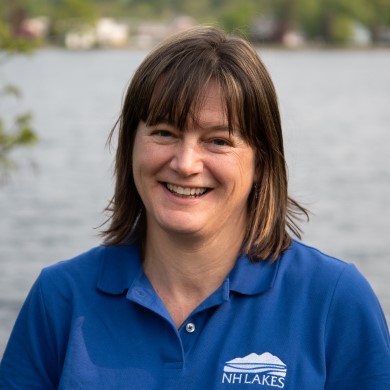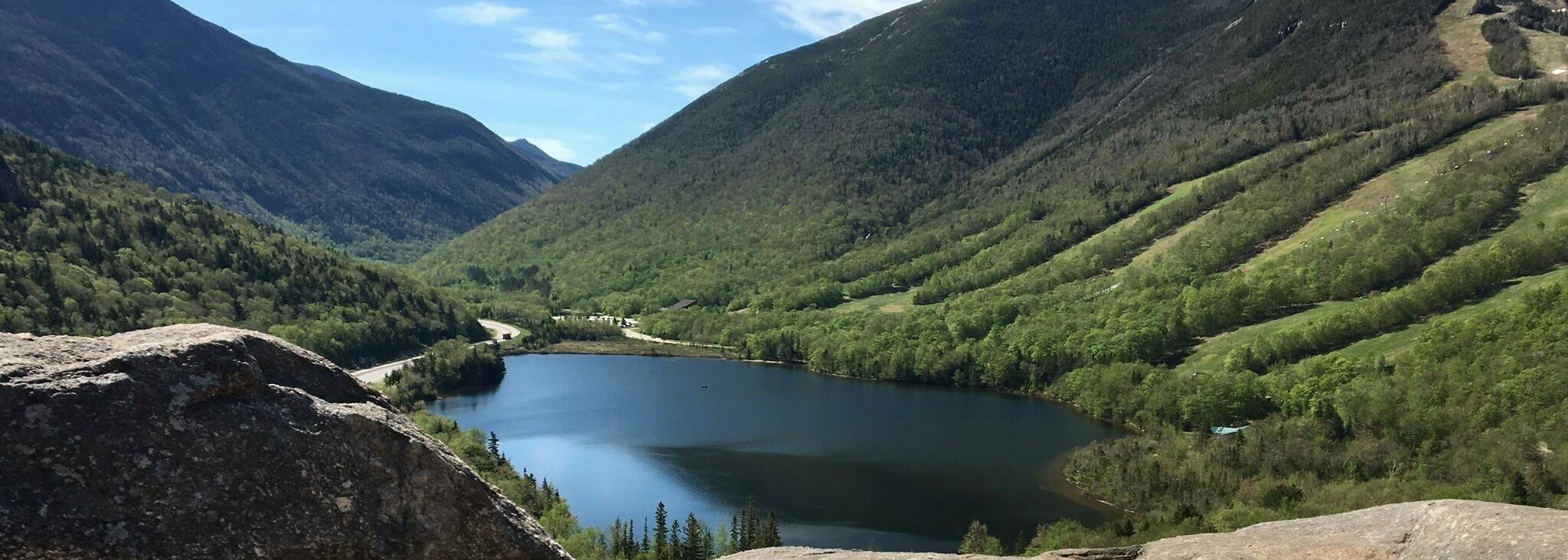Restoring lake health should be a top priority for all candidates

OpEd: September 21, 2024
New Hampshire has been home to some of the most pristine lakes in the country until now. Our lakes are facing devastating threats that are degrading their health, our health, and the health of New Hampshire. Our lakes need bold statewide solutions and elected leaders committed to restoring and preserving their health.
During the weekend leading up to the New Hampshire primaries in September, 16 cyanobacteria warnings or watches were active on lakes throughout the state. Residents and visitors were encouraged to carefully examine the water before leaping in, and to stay out (and keep their kids and dogs out, too) if they saw something that looked like it might be a cyanobacteria bloom. Cyanobacteria blooms can be toxic, and here in New Hampshire, they have made people and pets seriously ill.
Not only are cyanobacteria blooms a public health concern, they are also an economic concern. Studies suggest that prolonged, recurring blooms on a lake can decrease shoreline property values by as much as 22%. If a lake in your community blooms every summer for weeks at a time with cyanobacteria, you can expect that the taxes for properties off the lake will eventually increase. And, we know that cyanobacteria blooms can negatively impact tourism. When Lake Winnipesaukee experienced unprecedented lake-wide blooms of potentially toxic cyanobacteria this past summer, visitors wondered if they should cancel their vacations and stay safe at home.
Restoring and protecting lake health isn’t a partisan issue, and it’s not just an issue for those who live along our lakes. Ensuring that New Hampshire has clean and healthy lakes today and in the future is something everyone can get behind. Clean and healthy lakes contribute to our high quality of life, provide thousands of jobs, and support the state and local economies.
The primaries are over, and the stage is set for the general election in November. Now, more than ever, those elected to office at all levels of government must prioritize restoring and preserving the health of New Hampshire’s lakes. Now is your time to find out what candidates care about our lakes and help educate those who don’t. For talking points and handouts for your conversations with candidates about how and why to restore the health of New Hampshire’s 1,000 lakes, visit nhlakes.org/vote.
When you go to vote in the General Election on Nov. 5, vote like New Hampshire’s lakes depend on it — because they do.
Andrea LaMoreaux


 by Martech Consulting
by Martech Consulting